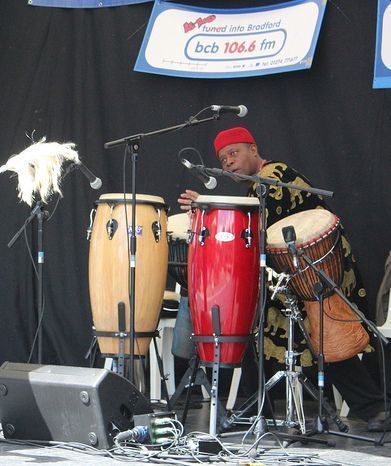Moses Ekebusi & his uplifting & reviving diverse music
A fusion of African, Afro-Caribbean and Western music styles (known as Afro-World Beat); African traditional music styles; Relaxing African folk songs; African folk stories. Below are the clips of some of the tracks. Scroll down, click on them to play.
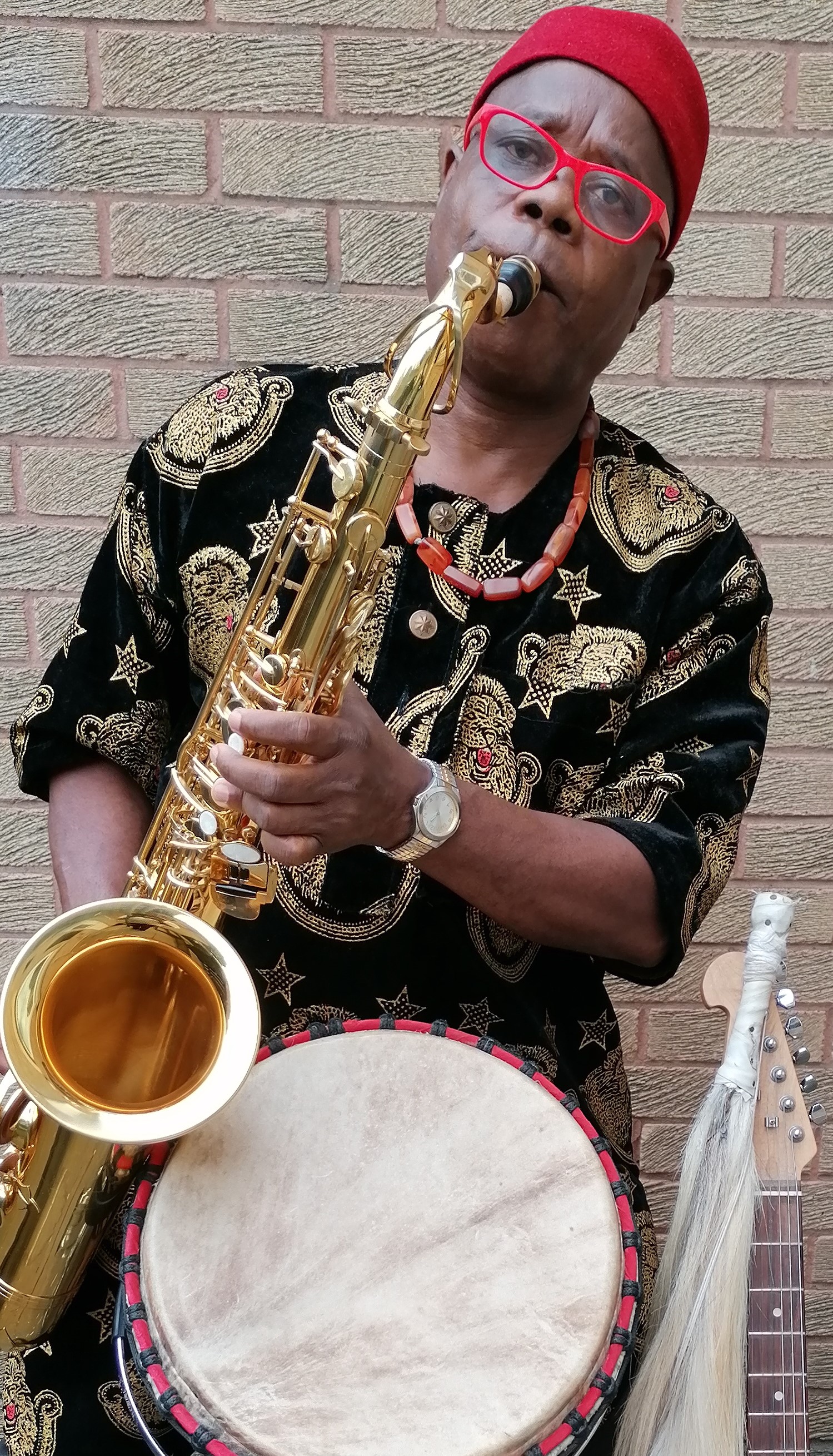
THE AFRO-WORLD BEAT:
Surely You Will Make It
Live Together
My Right
Njikota
Trouble Maker
Give Them What They Need
‘Surely You Will make It’ is a clip of one of the tracks in the in the CD ‘One Voice’. ‘Live Together’; ‘My Right’; ‘Njikota’; ‘Trouble Maker’ are the clips of some of the tracks in the CD ‘Afro-World Beat’. ‘Give Them What They Need’ is a clip of some of the tracks in the CD ‘Save The Nature’.
THE AFRICAN TRADITIONAL MUSICAL RHYTHM:
Ekwe Odudu (Odudu Beat)
Ndidi
Akuko Igwe Na Ala (The story of the sky and the earth)
Egwu Ndu (The Rhythm of Life)
‘Ekwe Odudu’; and ‘Ndidi’ are the clips of some of the tracks in the CD ‘Onye Mesoro Nwa Agu’. ‘Akuko Igwe Na Ala’ and ‘Egwundu’ are the tracks in the CD ‘EGWUNDU’.
RELAXING AFRICAN FOLK SONGS:
Voices In The Forest
‘Voices In The Forest’ is one of the tracks in the CD ‘Mummy’s Lullaby’.’
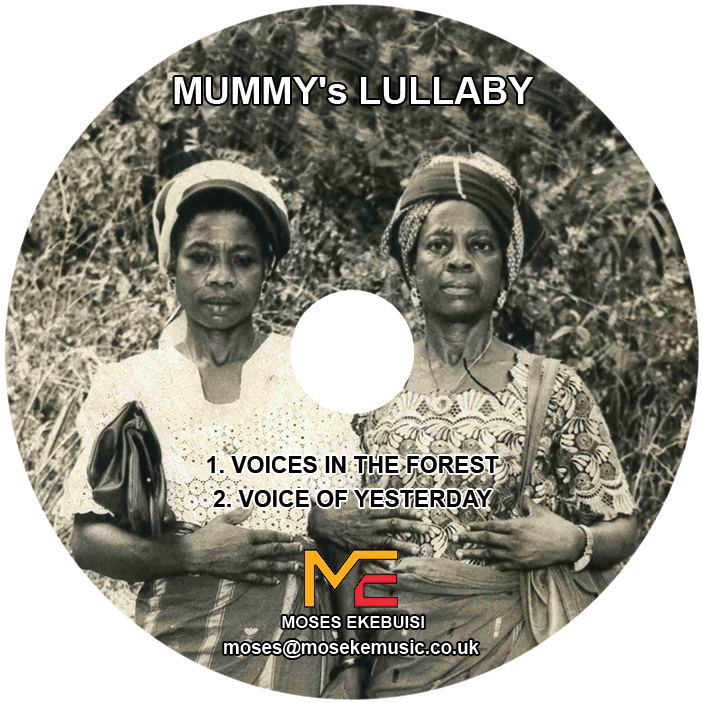
Undoubtedly, a lullaby is a calming song used to relax babies and lull them to sleep. From time immemorial, mothers apply this technique as part of the tools for ensuring children’s well-being. Research shows that soothing sounds like a lullaby have numerous benefits in our well-being. They include the sounds of musical instruments such as harps, the sound of nature, and the deep sound of musical instruments. Listening to these sounds relaxes us by reducing stress. They reduce anxiety, blood pressure, pain, as well as improving sleep quality. The sound of nature, including birds’ chirrups improves health and decreases stress. Nature connectedness reduces depression and anxiety. People, who are exposed to chronic stress, age rapidly. But with the relaxing, therapeutic musical sounds, and the sound of nature, the stress is kept at bay, and well-being and longevity are enhanced.
It is now clear that from the beginning, even before science, women have been aware of these beneficial sounds, and so applied them in nurturing us and preserving our well-being. They fed us, they lullabied us. We owe our thanks to our dear mothers for their loving-kindness to us – a sacred duty to God. We will never forget them.
The tracks on the CD, ‘Mummy’s Lullaby’, consist of the above beneficial sounds.
AFRICAN FOLK STORIES
Why Leopard Eats Other Animals
Why Leopard Eats Other Animals is one of the tracks in the CD ‘African Folk Stories’.
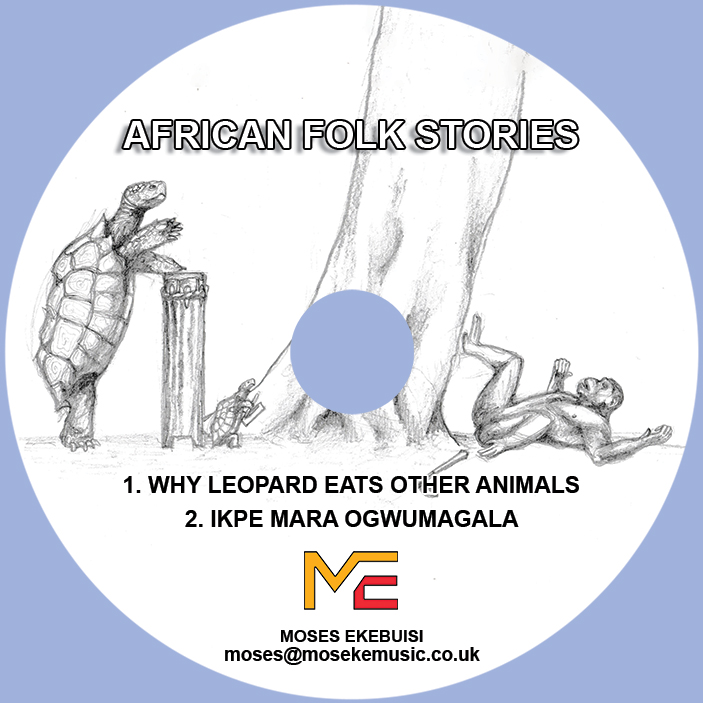
Below are the feedback/pictures. They bear the evidence of enjoyment of my music performance by people. Whether the performance of the Afro-beat; the African traditional musical rhythms; the relaxing African folk songs; or the telling/dramatisation of the African folk stories, people always enjoy them and show their appreciation.
To book any/or all of these, contact Moses using the contact link. For a copy of any of the CDs contact Moses.
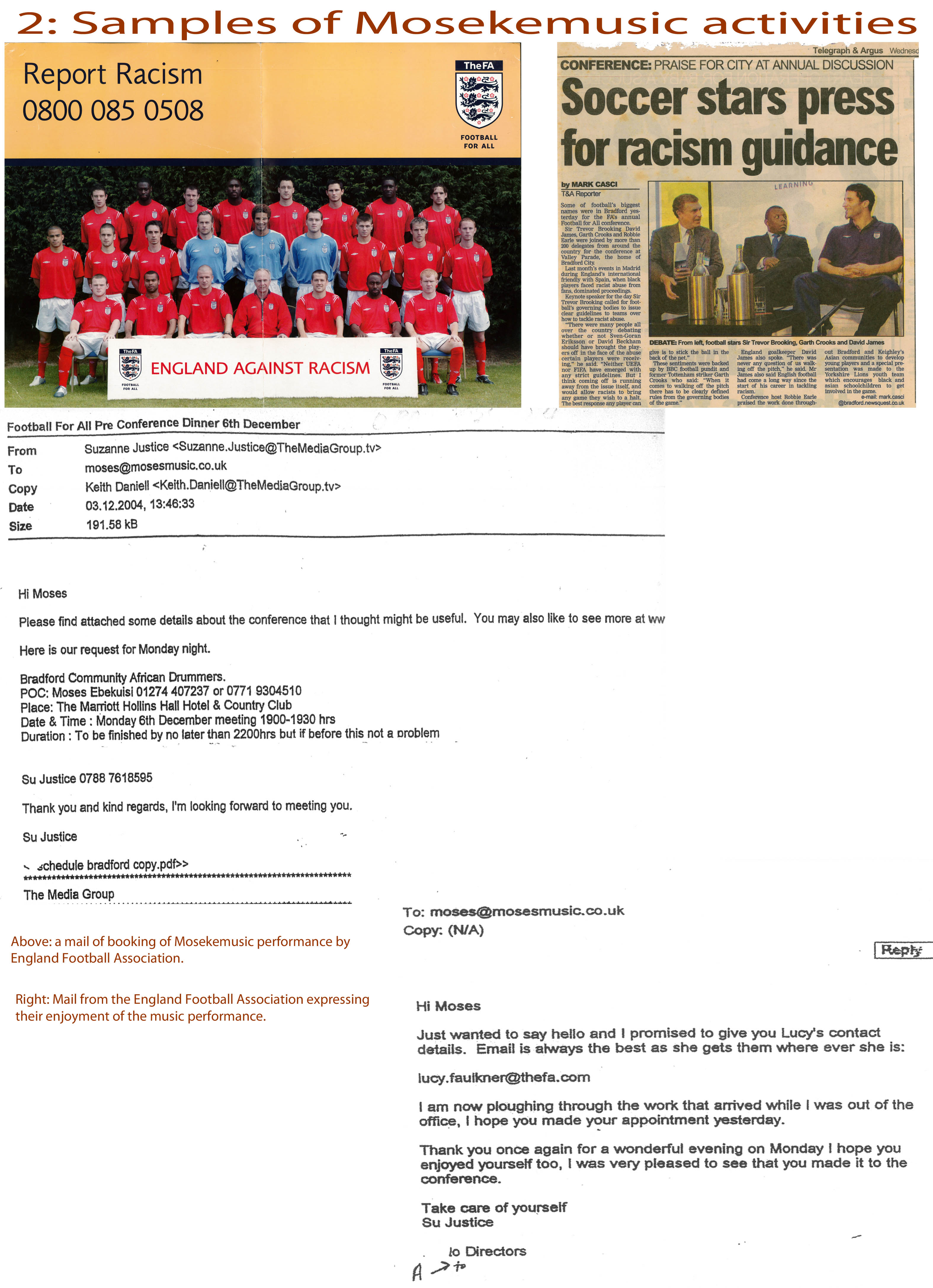
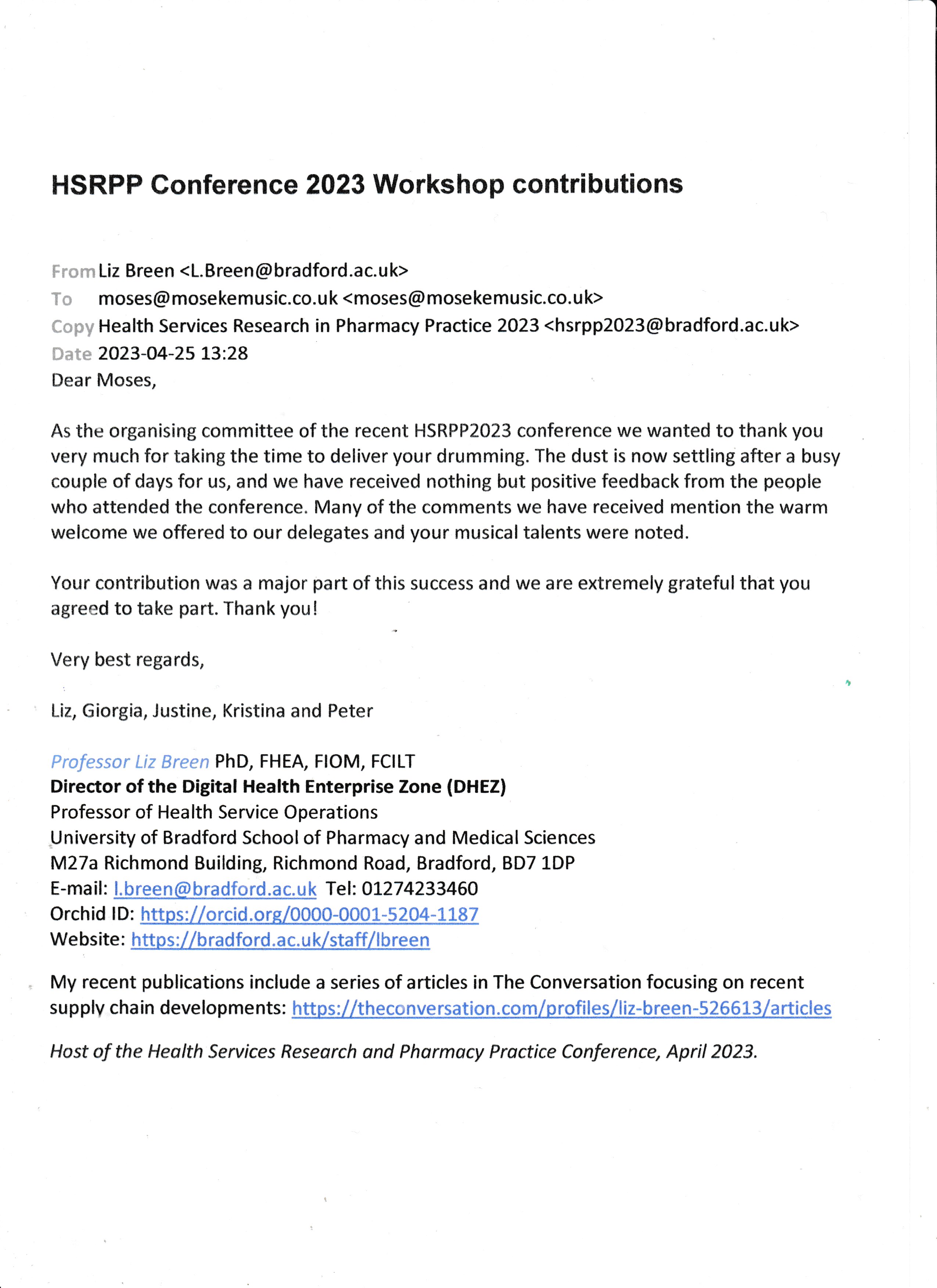
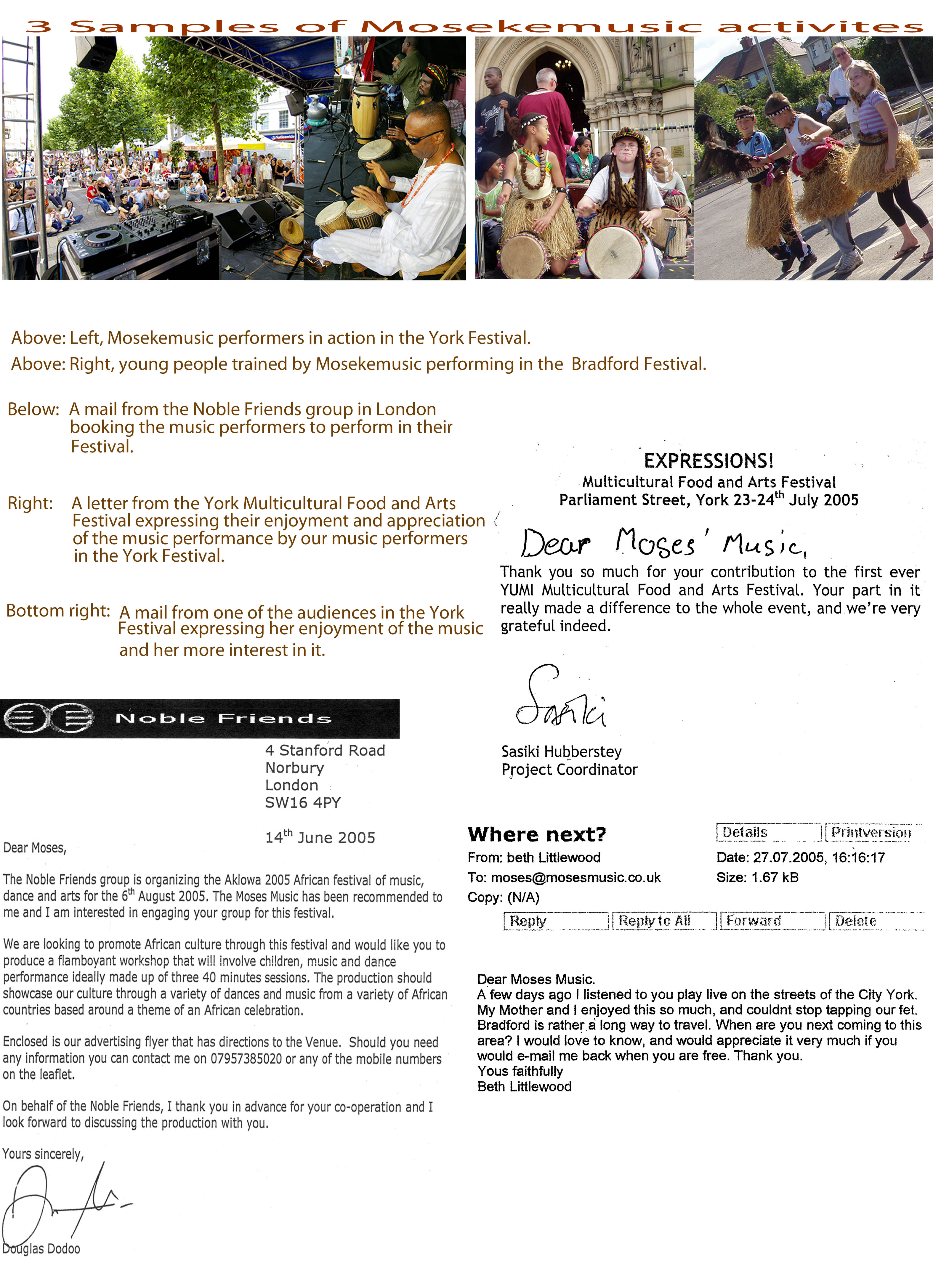
The History of Egwundu Music
Egwundu, meaning music of life has its root from the ancient Igbo (Ibo) spiritual musical rhythm. Right from the beginning, just like generations, different forms of Igbo musical rhythms evolved and faded, giving way to new forms which in turn faded with time. Among the musical rhythms were eyeghe, ikoro, edere, ubo, ekwe ebi, ngelenge, abia and igbaogwurugwu. In-fact, Igbaogwurugwu, the powerful, uplifting and evocative musical rhythm is the forefather of today’s musical rhyths such as mkpokiti and Atirogwu (Atilogwu).
Although some of the rhythms faded, they did not die out quickly. Some of them lasted up to the time Moses and his age group were children and they witnessed their fathers and grandfathers performing the rhythms, encouraging them to learn. It is the experience that became the backbone of the Egwundu musical rhythm. The rhythm is similar to the ancient one and has the same attraction and spiritual influence.
Moses performs the Egwundu as a solo artist. The musical instruments that give the sound of the music include: igba, djembe, conga, ogele, ekwe, udu, oyo and oja. Moses puts some of the sounds of the instruments in a backing track to complement the sound of the ones he plays as he sings, chants and dances. As he performs, the uplifting, evocative and shamanic musical sound transmits its hypnotic and therapeutic effect on him and his audience. the climax of the music becomes a vehicle which takes one to a realm beyond the physical world.
The musical rhythm is a foundation upon which Moses developed Egwundu music fusion which he also performs as a solo artist. The fusion is a fusion of African and western music.
In addition, Moses plays djembe and conga, creating soulful sound and peaceful atmosphere that enhance people’s relaxation and improve their mood and well-being. This calming and therapeutic rhythm is in high demand by people for banquet and relaxing event.
Many people accessed the Egwundu Music and expressed how it made their programmes a success. Among these people were:
• England Football Association. They booked the music performance in their conference for their celebration and for promotion of their campaign ‘England Against Racism’.
• York Music, Food and Drink Festival. York booked the music performance to enhance their promotion of diversity and festival.
• Bradford Festival and Mela. Bradford booked the ‘Egwundu music’ to add colour to the community festival and attract tourism.
• Interfaith organisation. The organisation booked the music to bring different groups together for celebration of their achievements.
• The music was also used to bring together people from different ethnic and cultural backgrounds in the UK to celebrate the visit of Nelson Mandela (a great African statesman) to Leeds in 2001. Moses ypost, Mandela, May 2001. (See the PRESS LINK).
